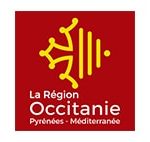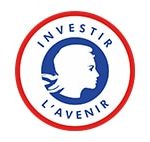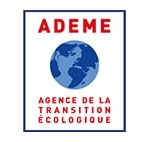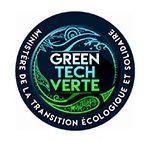Enosis, creator of green gas
Greening gas by valorizing CO2 and waste
Gas, this other key element of our energy consumption.
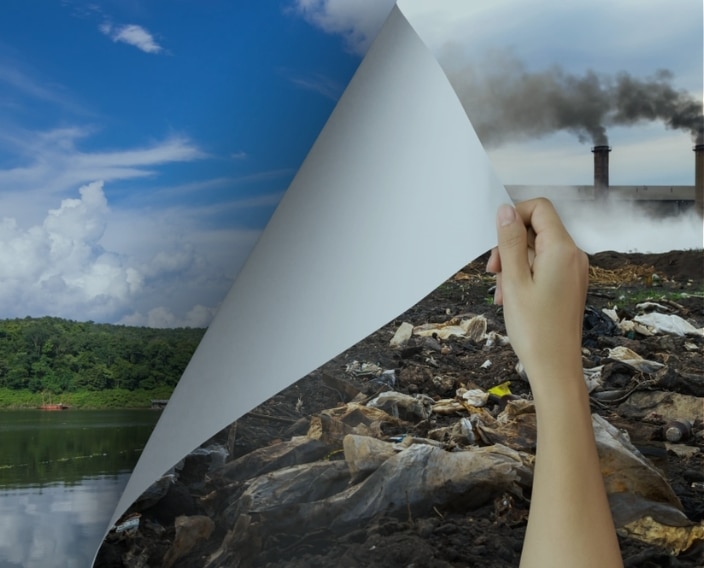
Gas, an energy source that needs to be greened.
The gas we consume remains largely fossil. Its extraction and combustion contribute to human greenhouse gas emissions, and thus to global warming.
But this can be avoided.
While CO2 and non-reusable waste cannot be completely eliminated, we can recycle them into sustainable gases, substitutable for fossil gases for all our needs.

Our solutions
they also help valorize non-reusable waste, including sludge, end-of-life wood, plastics, and solid recovered fuels.
Acting as bridges between electrical and gas networks through a ‘Power-to-Gas’ architecture, our systems aid in storing excess electricity alongside other solutions like batteries.
Following a circular economy approach, they facilitate the production of gas at a more competitive price.
Our applications
Convert CO2 and enrich biogas
Process syngas from our waste
Process industrial effluents (CO2, H2)
Store electricity
Our technology
Over the past five years, in collaboration with our R&D partners, we have developed innovative technology and expertise, particularly centered on the biomethanation process. We co-own this technology and hold exclusive rights for its application in our projects.
Methanation involves producing methane from CO2 or carbon monoxide and hydrogen.
Our technology, designed from consortia of microorganisms, is flexible (capable of treating various gases), robust (resistant to impurities), efficient (optimized energy consumption), and sustainable (non-pathogenic microorganisms and no use of rare natural resources).
Our R&D partners :

Our projects
Our clients include renewable energy producers (gas and electricity), operators of waste recovery sites, and the constructors of these facilities. While we continue our industrialization program, we have launched several projects with many of them.
Our equipment
Denobio: the first industrial-scale biomethanation facility integrated with an agricultural methanation unit, featuring network injection.
Bimotep: design and operation of a mobile biomethanation unit for conducting tests on gas production sites (CO2, biogas, syngas)
Demetha: design and operation of a pre-industrial biomethanation prototype coupled with a territorial methanation unit (project supported by the Occitanie Region)
Plainenergie: The first project in Europe that brings together local authorities, public laboratories, and industries to convert unvalued territorial waste into gas that can be injected into the natural gas network, by combining gasification and biomethanation
Project management assistance
Woodhy: Support provided to the Community of Communes of Landes d’Armagnac and subsequently to Engie in developing a green hydrogen production project through pine gasification, with backing from the Nouvelle Aquitaine Region.
Minerve: Project management assistance for the implementation of France’s first Power-to-Gas demonstrator, led by AFUL Chantrerie

About us
ENOSIS means ‘union’ in Greek. Because we believe that the success of the ecological transition relies on a systemic approach rooted in the heart of territories by creating bridges: between waste and energy, between electrical and gas networks, between CO2 and sustainable gases, between biology and industry.
Based in Toulouse, the company was founded at the end of 2014 by Vincent Guerré, later joined by Stéphane Palmade. The team now has 11 collaborators, engineers and/or doctors.
In 2018, the European fund KIC InnoEnergy became a shareholder of ENOSIS. The company has a strategic committee, involving representatives of the shareholders and sector experts followed in 2022 by UI investissement, Industrya and the “Banque des Territoires”.
